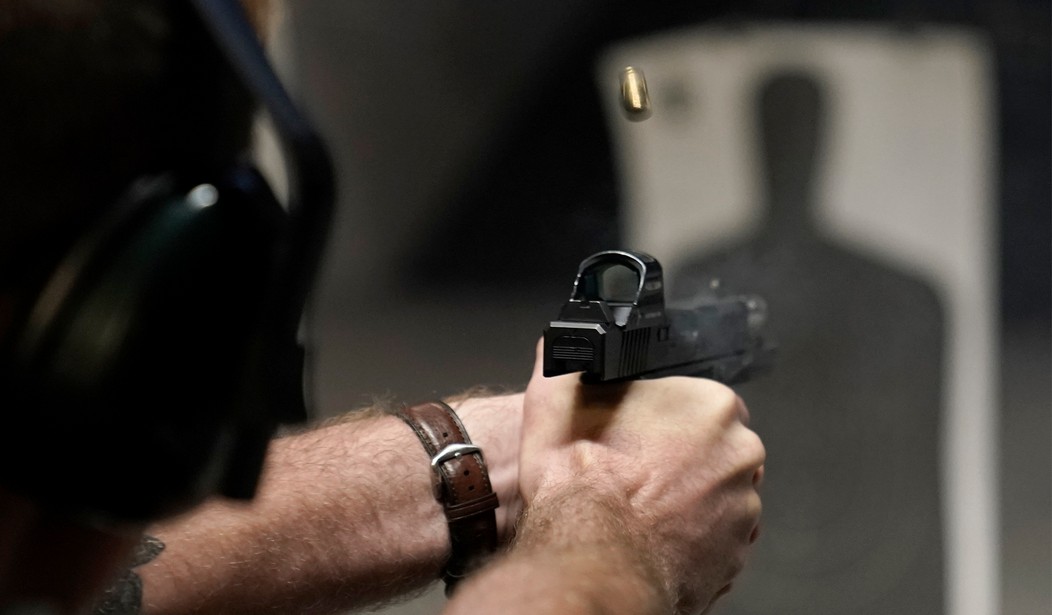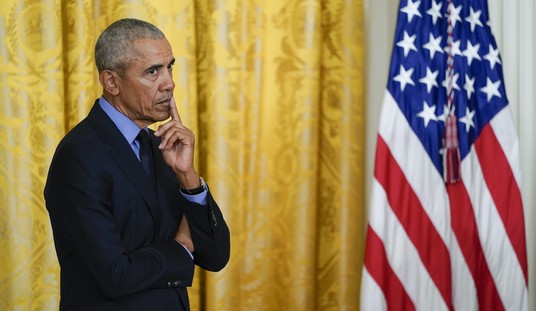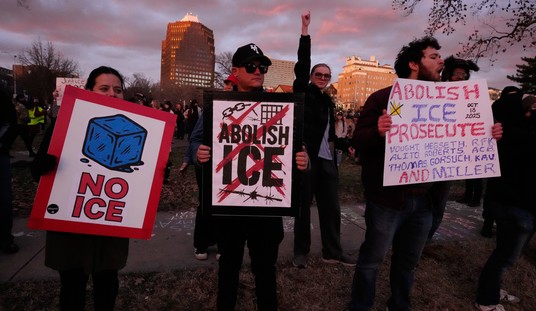When New Mexico Gov. Michelle Lujan Grisham issued "a public health emergency order" that purportedly suspended the right to bear arms in Albuquerque and surrounding Bernalillo County last week, her justification was seemingly straightforward. "I have emergency powers," she told The New York Times. "Gun violence is an epidemic. Therefore, it's an emergency."
Grisham's stunt was widely condemned as blatantly unconstitutional, even by some leading gun control supporters. But her legal rationale also underlined the perils posed by the sweeping emergency powers that legislators in many states have granted governors -- a problem that was abundantly clear during the COVID-19 pandemic.
Grisham, a Democrat, laid the ground for her ban on public possession of operable firearms last Thursday when she declared that gun violence in New Mexico "constitutes a statewide public health emergency of unknown duration" under the state's Public Health Emergency Response Act. That law defines a "public health emergency" as "an extremely dangerous condition or a highly infectious or toxic agent, including a threatening communicable disease, that poses an imminent threat of substantial harm."
Grisham also invoked New Mexico's All Hazard Emergency Management Act, saying gun violence "constitutes a man-made disaster causing or threatening widespread physical or economic harm that is beyond local control." In her gun order, which she issued the next day, Grisham asserted that violent crime is also "a condition of public health importance," which New Mexico's Public Health Act defines as "an infection, a disease, a syndrome, a symptom, an injury or other threat that is identifiable on an individual or community level and can reasonably be expected to lead to adverse health effects in the community."
Recommended
Those labels were meant to trigger the "emergency powers," Grisham claims. The All Hazard Emergency Management Act, for example, says the governor may issue "necessary orders" to carry out its provisions, and it specifically authorizes the governor to "prohibit" the "possession of firearms or any other deadly weapon by a person in any place other than his place of residence or business, except for peace officers."
During the pandemic, Grisham relied heavily on these laws when she issued many scientifically dubious edicts. In November 2020, for example, she banned outdoor activities and required New Mexicans to wear masks whenever they left their homes, which she said they should not do "unless it's an emergency or for an essential need like food and water."
Unlike gun violence, COVID-19 was a literal epidemic. But Grisham thinks both threats empower her to act like a dictator for however long she deems necessary. She repeatedly renewed her COVID-19 emergency orders and is threatening to do the same with her gun decree, which initially lasts for 30 days but can be renewed indefinitely.
It seems unlikely that the persistent, omnipresent threat of violent crime constitutes the sort of "emergency" that New Mexico legislators had in mind. But the more important point, repeatedly confirmed by state and federal courts, is that even properly defined emergencies do not nullify constitutional rights.
Two gun rights groups immediately challenged Grisham's order in federal court, noting that it defies last year's Supreme Court decision upholding the Second Amendment right to possess guns in public for self-defense. Albuquerque Police Chief Harold Medina and Bernalillo County Sheriff John Allen said they would not enforce the order, and two Republican state legislators said it was grounds for impeachment.
"I support gun safety laws," Rep. Ted Lieu (D-Calif.) said, but Grisham's order "violates the U.S. Constitution," and "there is no such thing as a state public health emergency exception to the U.S. Constitution." Gun control activist David Hogg concurred.
Grisham admitted that her order was unlikely to pass legal muster and, even if it did, would not affect the behavior of criminals. But if it encourages legislators to reconsider the wisdom of letting governors rule by decree based on open-ended emergencies that they themselves declare, it will have served a useful purpose.

























Join the conversation as a VIP Member